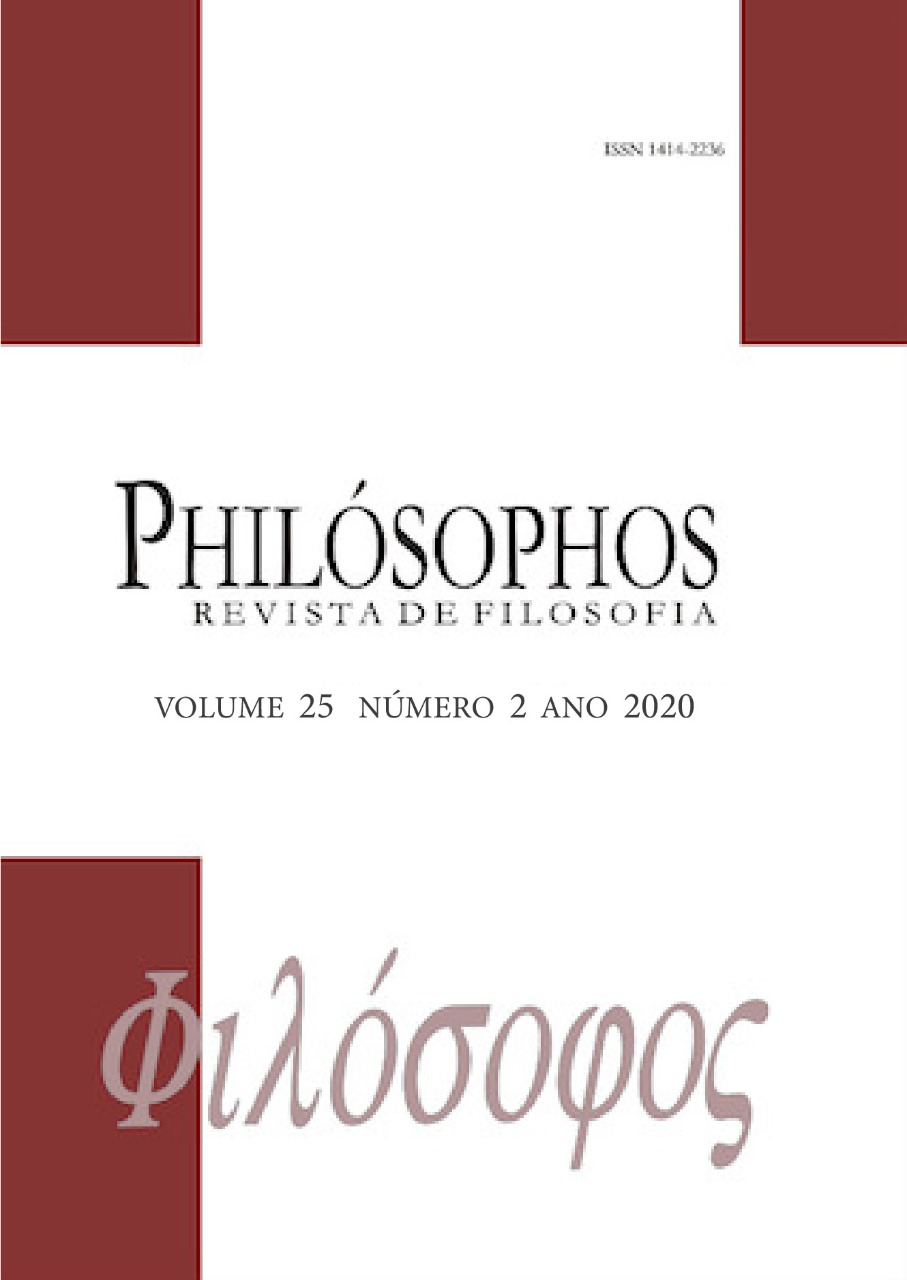The Poetics of Waka:
A Philosophy of the Actual
DOI:
https://doi.org/10.5216/phi.v25i2.65016Abstract
The article proposes an inquiry on the philosophical potential of the classical Japanese poetry known as waka. The most striking formal aspect of the waka is its short structure, usually composed of 31 moraic syllables divided, respectively, into 5 verses of 5, 7, 5, 7, and 7 syllables each. To succeed as a poetic form, waka employs the rhythmic feature of pause and a kind of rhetoric that associate each poem to the whole of tradition through precedents. We argue that there is a philosophy of the real – we call it the intertextuality of the real – in the intellectual tradition constituted by waka that understands reality as empty and impermanent. Thus, waka would be the most appropriate way to express the real because it is more profound and excellent as far as it creates a movement of emptying and making impermanent through its formal and rhetorical resources: its core, disposition, and meaning (our translations of the Japanese term “kokoro”) and its words (“kotoba”).
Downloads
Downloads
Published
How to Cite
Issue
Section
License
Copyright (c) 2021 Philósophos a journal of philosophy

This work is licensed under a Creative Commons Attribution-NonCommercial-NoDerivatives 4.0 International License.
Authors who publish in this journal agree to the following terms:
- Authors retain copyright and grant the journal right of first publication, with the work simultaneously licensed under a Creative Commons Attribution License that allows others to share the work with an acknowledgement of the work's authorship and initial publication in this journal.
- Authors are authorized to enter into separate, additional contractual arrangements for the non-exclusive distribution of the journal's published version of the work (e.g., publishing in an institutional repository or as a book chapter), with an acknowledgement of its authorship and initial publication in this journal.















